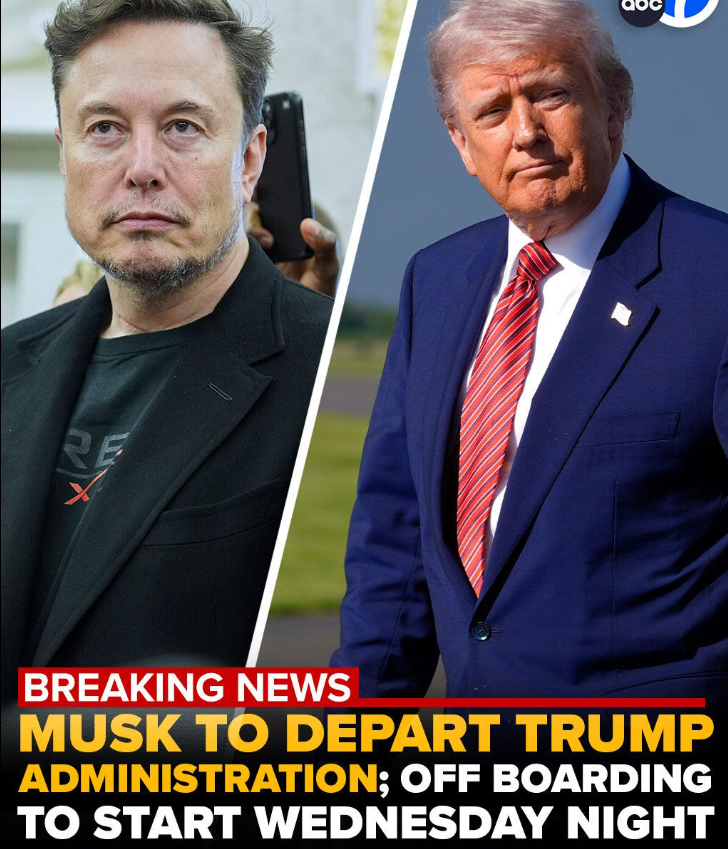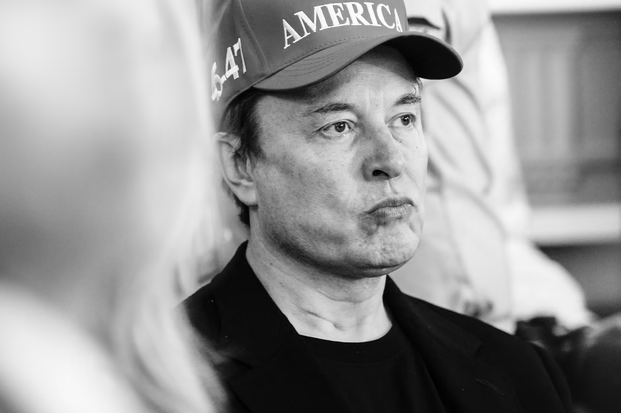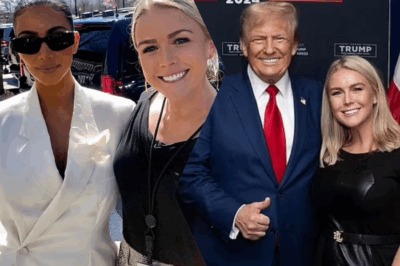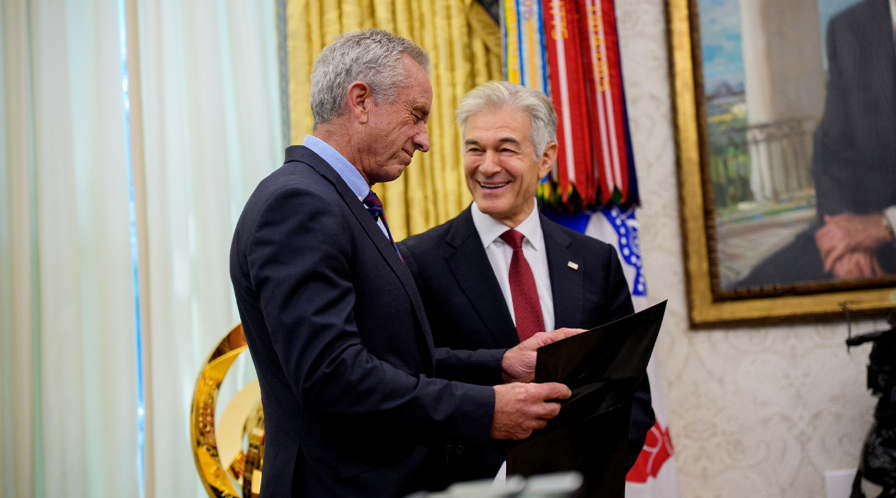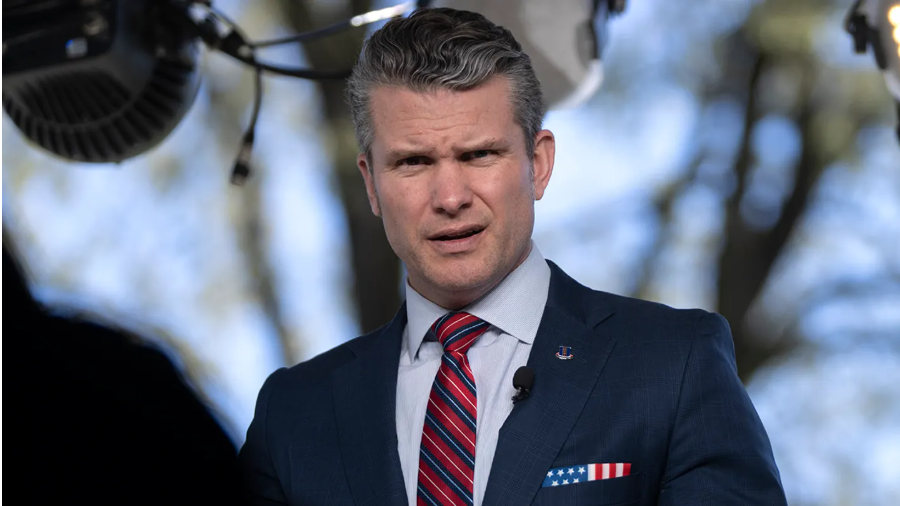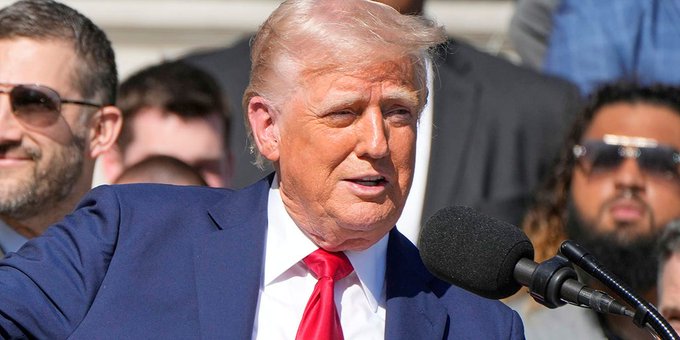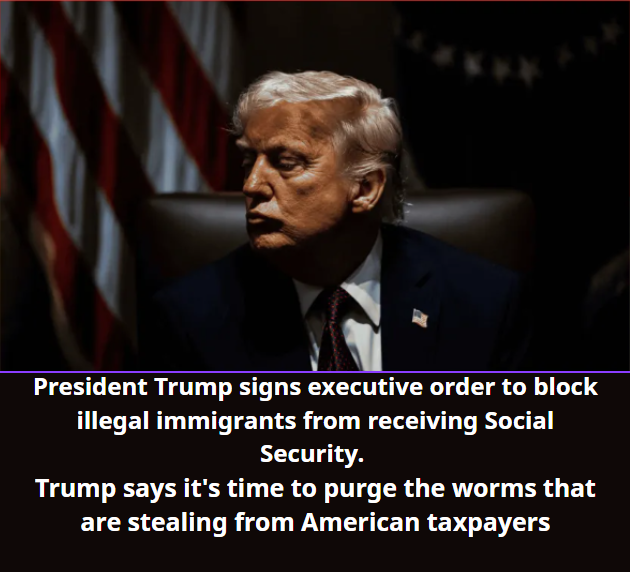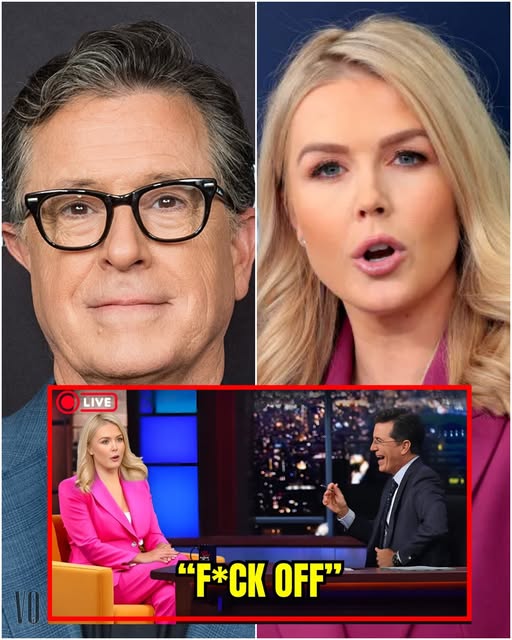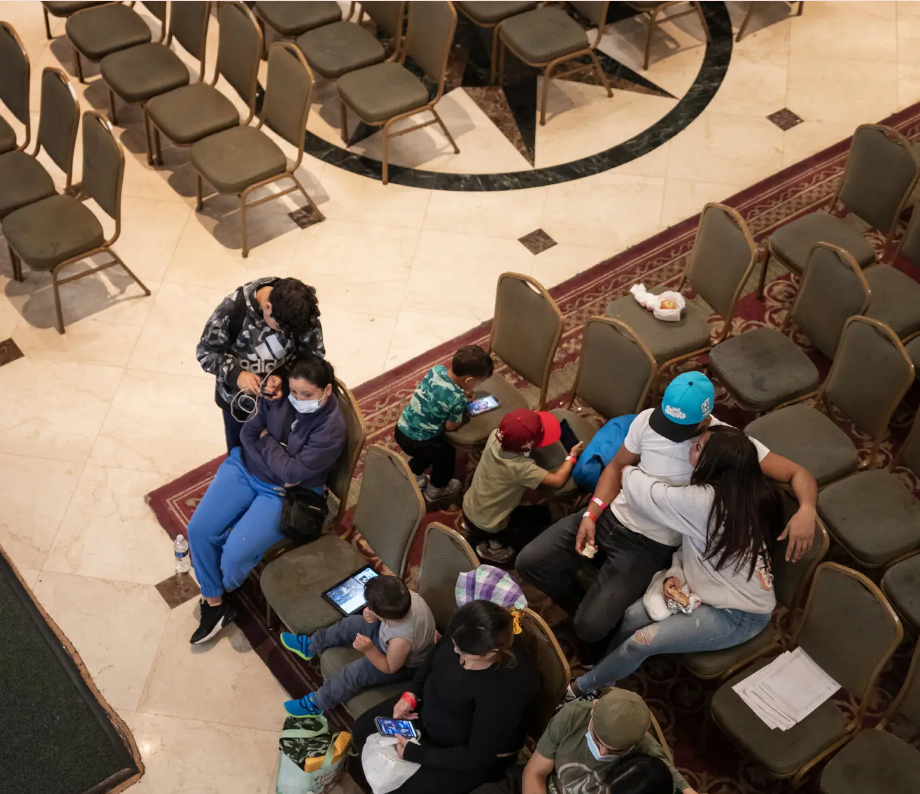Elon Musk's recent departure from the Trump administration as a Special Government Employee marks a significant shift in government efficiency efforts. His role, focused on reducing government waste through the Department of Government Efficiency (DOGE), has left many questioning the future of these initiatives. While Musk's influence sparked important discussions, the sustainability of his mission remains uncertain. This article explores the implications of his exit and the potential for ongoing change in federal spending.
This article examines Elon Musk's turbulent foray into Washington, D.C., highlighting his ambitious goals of government reform, confrontations with key officials, and the eventual disillusionment that followed his efforts. It underscores the lessons learned about collaboration amidst bureaucratic complexities.
Karoline Leavitt, the youngest White House Press Secretary, made headlines by returning to work just four days after giving birth to her son. This bold choice has ignited a debate about work-life balance for working mothers as she juggles high-pressure duties while redefining motherhood in politics. Leavitt's journey reflects the challenges many women face in leadership roles, balancing family and career expectations.
This article discusses a transformative vision for American healthcare presented by former Trump administration officials. They advocate for a shift towards prioritizing health over profit, a focus on preventive care, and innovative approaches to chronic diseases. Key figures include Robert F. Kennedy Jr. and Dr. Mehmet Oz, who emphasize the need for a holistic health system guided by evidence-based practices and patient empowerment.
This article discusses the recent resignation of Professor Graham Parsons at West Point, sparked by changes in educational principles under the Trump administration. It explores the implications of political influence on military education and the debate over academic freedom.
The article discusses a ruling by an Obama-appointed judge who blocked the Trump administration's attempts to dissolve key expert agencies, emphasizing their importance in American governance and the contentious political climate surrounding them.
This article delves into President Trump's recent memorandum aimed at restricting Social Security benefits for illegal aliens. It analyzes the implications of the new directive on immigration policy and public benefits, raising questions about eligibility criteria and potential impact on legitimate beneficiaries. The discussion reflects on deeper societal issues such as access, fairness, and citizenship.
This article explores the implications of Judge Boasberg's potential impeachment, examining the intersection of judicial power, political accountability, and public trust in the legal system. It raises questions about judicial overreach and the impact of political partisan behavior on the judiciary's integrity.
The article discusses the dynamic exchange between Karoline Leavitt and Stephen Colbert on The Late Show, highlighting themes of political ideology, media trust, and generational perspectives. It examines how their debate reflects America's polarized climate and the rise of new political figures in the digital age.
This article delves into the shifting landscape for migrants in the U.S., highlighting the impact of potential policy changes on their financial stability and social security. With a focus on personal stories and the broader implications, it urges a reevaluation of immigration policies.
